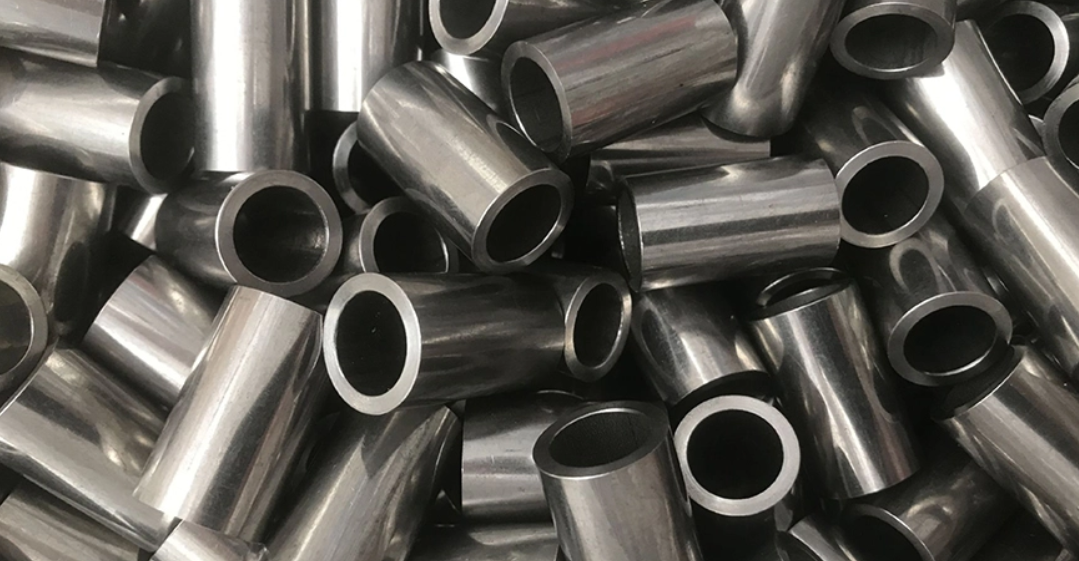Mobile:+86-311-808-126-83
Email:info@ydcastings.com
Premium Automobile Oil Pan - Quality Replacement Parts for Your Vehicle
Understanding the Automotive Oil Pan Its Importance and Function
The oil pan, often referred to as the oil sump, is a crucial component of an automobile's engine system. It's typically located at the bottom of the engine and serves several vital functions that contribute to the overall efficiency and longevity of the vehicle. Understanding the role of the oil pan can help car owners appreciate the intricacies of engine design and maintenance.
Understanding the Automotive Oil Pan Its Importance and Function
In addition to storing oil, the oil pan plays a crucial role in cooling the engine. As engine oil circulates, it absorbs heat generated by the engine's moving components. The oil pan, being exposed to the air beneath the vehicle, helps dissipate some of this heat, aiding in temperature regulation. This cooling effect is vital for preventing the engine from overheating, which can lead to severe damage.
automobile oil pan

Another important aspect of the oil pan is its design, which often includes a baffle system. Baffles are internal barriers that help control the movement of oil within the pan. During acceleration, hard cornering, or braking, the oil can slosh around. Baffles prevent this movement, ensuring that the oil pump remains supplied with sufficient oil, which is vital for maintaining proper engine lubrication at all times.
Oil pans are generally made from materials like aluminum or stamped steel, which provide a balance of strength and lightweight properties. Some high-performance vehicles may even use composite materials for added benefits. However, due to their exposure to road debris and potential impacts with obstacles, oil pans can become damaged over time. A cracked or leaking oil pan can lead to a drop in oil levels, resulting in inadequate lubrication, engine overheating, and ultimately catastrophic engine failure.
Regular maintenance is crucial for ensuring the longevity of the oil pan and its associated functions. This includes checking oil levels, changing the oil regularly, and inspecting the oil pan for any signs of leaks or damage. If a leak is detected, it’s essential to address it promptly to prevent further issues.
In conclusion, the oil pan may seem like a simple component, but its importance in an automobile's engine system cannot be overstated. From storing and cooling oil to ensuring proper lubrication during engine operation, the oil pan plays a vital role in maintaining overall vehicle performance. By understanding its functions and keeping it well-maintained, drivers can help ensure their vehicles run smoothly and efficiently for years to come.
-
Why Should You Invest in Superior Pump Castings for Your Equipment?NewsJun.09,2025
-
Unlock Performance Potential with Stainless Impellers and Aluminum End CapsNewsJun.09,2025
-
Revolutionize Your Machinery with Superior Cast Iron and Aluminum ComponentsNewsJun.09,2025
-
Revolutionize Fluid Dynamics with Premium Pump ComponentsNewsJun.09,2025
-
Optimizing Industrial Systems with Essential Valve ComponentsNewsJun.09,2025
-
Elevate Grid Efficiency with High-Precision Power CastingsNewsJun.09,2025











